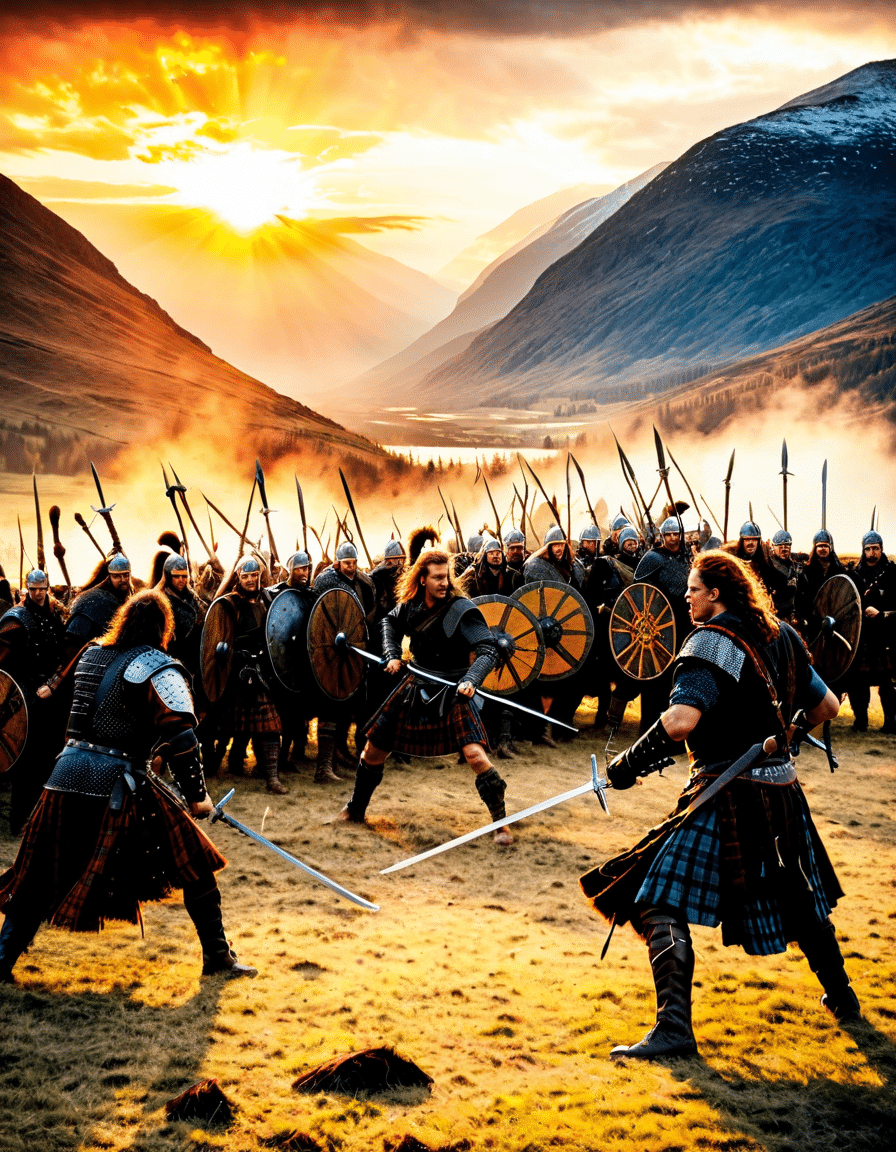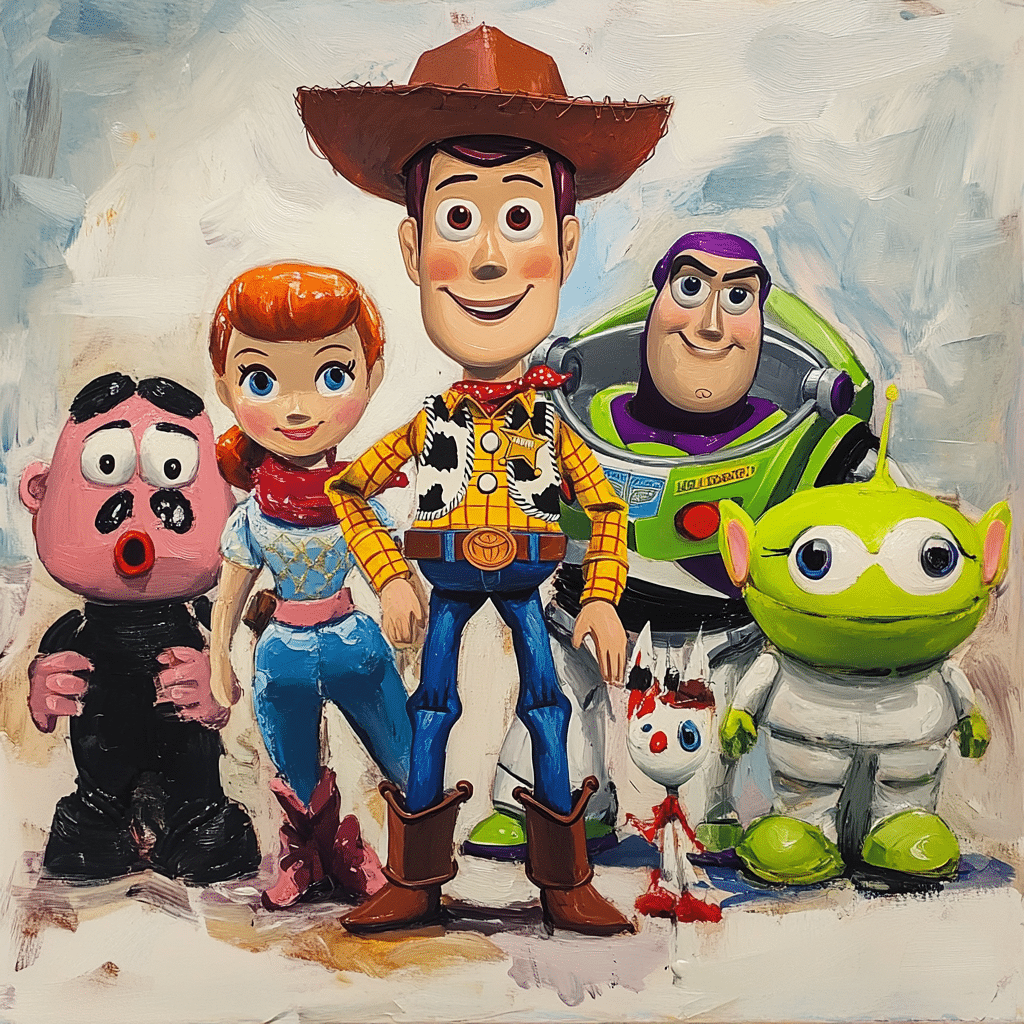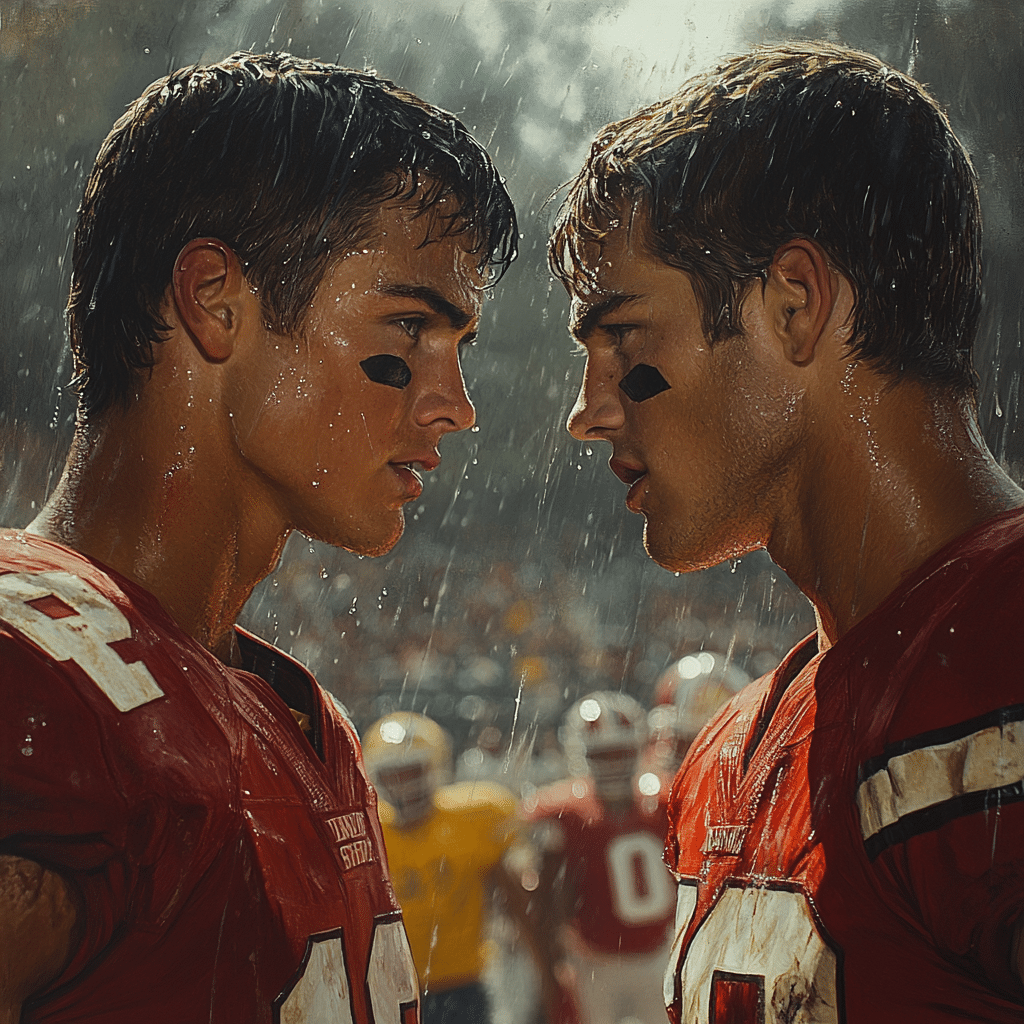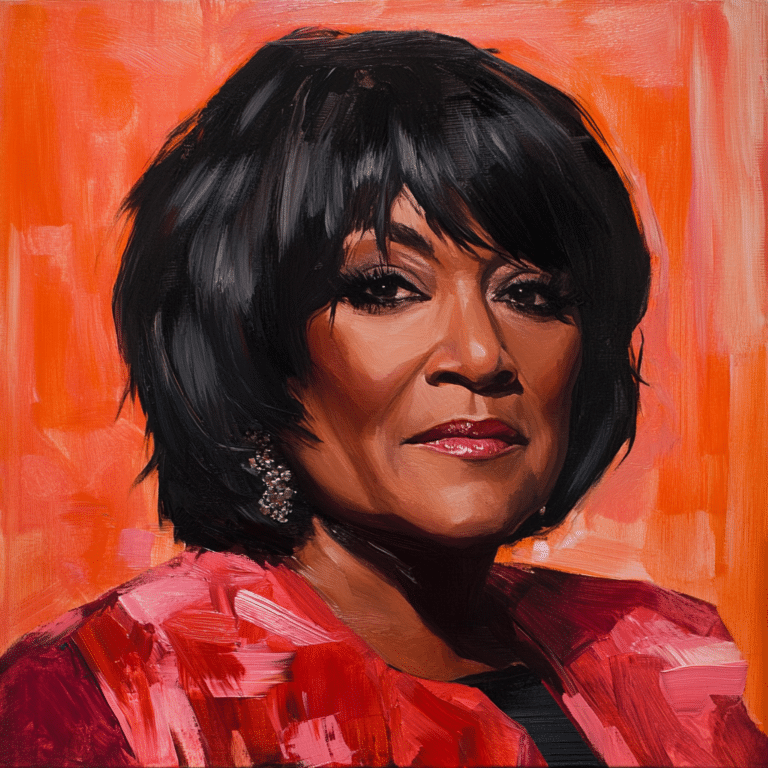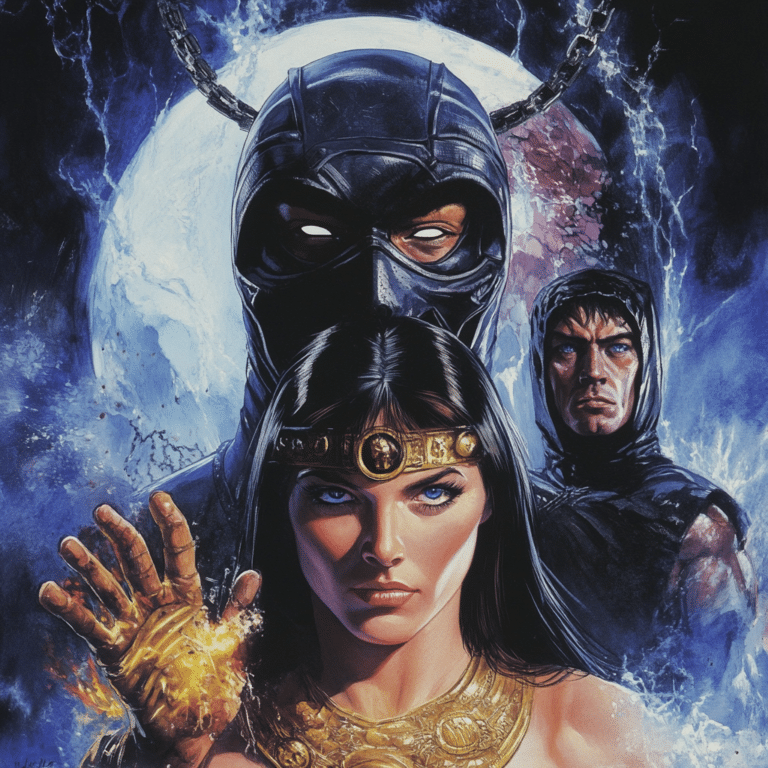Katniss Everdeen is more than just a character in a book or a film; she is a beacon of hope and rebellion in a world that often feels bleak. For many, Katniss, played by the talented Jennifer Lawrence in The Hunger Games series, represents the empowering spirit of resistance against oppression. She’s the girl who’s not afraid to take a stand, volunteer for her sister, and fight against a tyrannical regime. As 2026 rolls on, her influence continues to resonate, reminding us why she remains an iconic figure in the arena of empowerment.

Top 7 Reasons Katniss Everdeen Remains an Icon of Empowerment
1. Breaking Stereotypes as a Female Protagonist
Katniss Everdeen broke stereotypes as a strong female lead in a genre often dominated by tropes. Her complexity and resilience make her a character audiences, especially young women, can relate to. Unlike the damsels in distress of old, Katniss is a shining example of how women can be heroes in their own right. This bold reimagining opened doors for other multifaceted female characters like Chloe Bennet’s Daisy Johnson in Marvel’s Agents of S.H.I.E.L.D., marking a shift toward complex portrayals of women in modern media.
2. Courage in Adversity
From the moment she volunteers in place of her sister Prim to her leadership in the rebellion, Katniss stands tall in the face of adversity. Her courage isn’t just fictional; it mirrors real-world resilience seen in activists like Malala Yousafzai. Malala’s fight for education has inspired millions, just as Katniss’s bravery draws from the nurturing instincts that resonate deeply with audiences. This blend of fearlessness and compassion reminds us that real heroes aren’t always invulnerable; sometimes, they’re human, flawed, and incredibly brave.
3. Symbolism of the Mockingjay
The Mockingjay pin isn’t just a shiny accessory; it symbolizes defiance and hope. This little bird has become a global icon of rebellion, transcending The Hunger Games and representing movements like Black Lives Matter. Just like Cara Delevingne’s activism in the LGBTQ+ community, Katniss’s journey invites us to understand the power of symbols in advocating for social justice. When you see that Mockingjay, it’s not just about rebellion; it’s about hope for a better tomorrow.
4. Impact on Youth Culture
Katniss Everdeen’s influence stretches way beyond the screen, igniting conversations about bravery, femininity, and social activism. The wave of cosplay and fan tributes dedicated to her character have created a vibrant culture encouraging self-expression. Emerging filmmakers are following in her footsteps, with talents like Greta Gerwig leading the charge to create stories that highlight female empowerment. Katniss has redefined what it means to be a hero, making it cool for young people to stand up and be counted.
5. The Complex Morality of Leadership
Leadership isn’t easy, and Katniss’s journey through The Hunger Games series showcases the ethical dilemmas associated with power. She often finds herself making tough choices, reflecting the struggles real-world leaders experience today. Just look at Jacinda Ardern, whose leadership style emphasizes empathy and transparency. These qualities resonate strongly in Katniss, who prioritizes collective welfare over personal gain, showing us that true leadership is about service rather than self-interest.
6. Enduring Legacy in the Film Industry
The film adaptations of The Hunger Games weren’t just hits at the box office; they made serious waves in the industry. Jennifer Lawrence’s portrayal of Katniss has influenced casting choices and storytelling, encouraging filmmakers to explore narratives that challenge traditional norms. This ripple effect has paved the way for actresses like Chloe Bennet and Cara Delevingne to shine in strong and complex roles in their projects, proving that demand for such characters continues to grow.
7. Continuing Relevance in Today’s Society
In a world filled with challenges, Katniss Everdeen’s story continues to resonate. Her evolution from a resourceful survivor to a revolutionary leader echoes today’s modern activism—be it about climate justice, human rights, or social equality. The relevance of her narrative and the themes of hope, rebellion, and resilience resonate profoundly, reminding us that fiction often reflects our real-life struggles.

Embracing the Spirit of Katniss Everdeen
As we delve into Katniss Everdeen’s significant impact on culture and society, we recognize she’s more than a fictional character; she embodies the human spirit’s yearning for resilience and justice. Creatives like Chloe Bennet and Cara Delevingne strive to mirror these themes in their work, proving that stories can reflect crucial social dynamics and fuel movements. In a time where asking for change can feel daunting, Katniss’s legacy serves as a powerful reminder: We all have the strength to rise, face our fears, and ignite meaningful change.
All in all, Katniss Everdeen isn’t just alive in the pages of a book or the frames of a film; she lives in the hearts of many who yearn for a brighter, more just world. So, whether you’re reminiscing about the books or catching the latest updates on how her story continues to inspire, remember: In every challenge, there’s a bit of Katniss in all of us.
If you want to know more about intriguing characters in films, check out our piece on Courteney Cox And her journey in Hollywood. Or perhaps you’d like to learn about the nostalgia of Grant Goodeve in classic television. Speaking of classic tales, consider revisiting Band of Brothers—it might remind you of the themes of courage and unity explored through Katniss’s lens. Whatever you choose to read next, don’t forget to carry the spirit of Katniss with you!
Katniss Everdeen: The Fearless Symbol of Hope and Rebellion
A Legacy Born from Struggle
Katniss Everdeen, the fierce protagonist of Suzanne Collins’ The Hunger Games, isn’t just a fictional hero; she’s become a cultural touchstone, symbolizing bravery and resistance. Her character is deeply inspired by the struggles of real-life individuals who risen against oppression. Interestingly, before her rise to fame, the actress who portrayed Katniss, Jennifer Lawrence, gained recognition on shows like The for her compelling performances. It’s noteworthy how her portrayal helped define a generation, making Katniss Everdeen relatable to many who feel marginalized. Just as soldiers in Band of Brothers fought valiantly for freedom, Katniss stands as a beacon of hope in dystopia.
The Power of Archery
Did you know that Katniss’s exceptional archery skills were not just a product of fiction? Jennifer Lawrence had to train intensively for the role, channeling real-life skills into her performance. This dedication pays off as archery symbolizes Katniss’s defiance against the Capitol. The grit and precision she displays mirror the tenacity of real-life figures, like Kennedy Owen, who advocated for change in their communities. On another front, the film’s setting encompasses various climates, much like how Clima Puerto escondido can shift dramatically, influencing the environment around Katniss.
Beyond the Silver Screen
Katniss’s journey reflects the challenges faced by many who fight for justice. The films not only entertain but also provoke thought around societal issues, enacting a call to unite against injustice. Fans of the series will recognize that the fight against the Capitol parallels the struggle seen in shows like Venom: The Last Dance Showtimes, where characters are pushed to the brink. Moreover, the legacy of Katniss Everdeen continues, inspiring new generations to stand tall and resist. Even modern social influencers, such as Frankie Grande, draw from her strength to motivate their own followers.
Ultimately, Katniss Everdeen remains a powerful symbol of hope, resilience, and rebellion, reminding us all that courage and unity can spark significant changes, much like the people of Escambia County who strive for improvement in their own neighborhoods. In a world that often discourages participation, Katniss’s journey encourages us to pick up arms—whether metaphorical or literal—for what we believe in.



